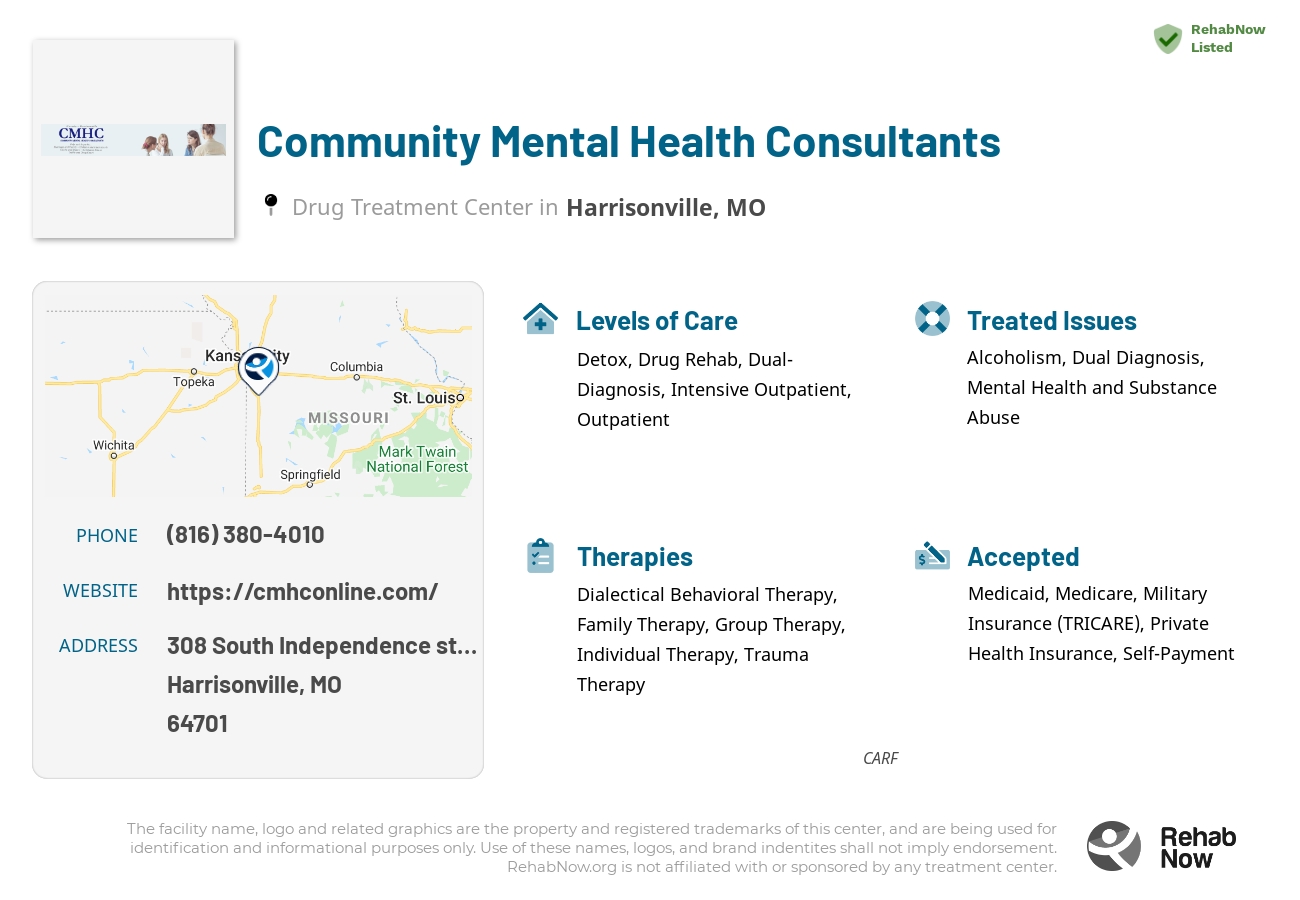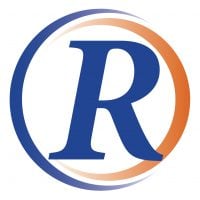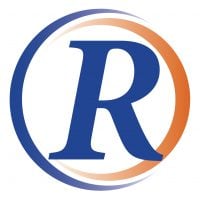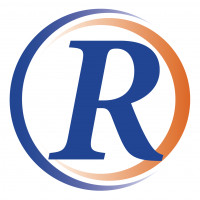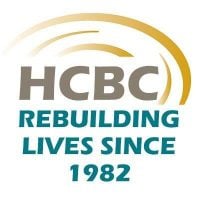Community Mental Health Consultants
Drug Rehab Center in Harrisonville, Missouri
Community Mental Health Consultants in Harrisonville, Missouri offers a wide range of evidence-based addiction treatment services, including individual, group and family therapy, medication-assisted treatment, and specialized programs such as meditation and yoga classes.
About Community Mental Health Consultants in Missouri
Community Mental Health Consultants is a reputable addiction treatment facility located in Harrisonville, Missouri. Established in 1978, this facility has been providing exceptional care and support to individuals suffering from alcoholism, drug addiction, and dual diagnosis. The center offers a range of treatment options including detoxification, drug rehabilitation, dual-diagnosis treatment, intensive outpatient programs, and outpatient care. What sets Community Mental Health Consultants apart is their commitment to quality and excellence. They are accredited by CARF (Commission on Accreditation of Rehabilitation Facilities), which ensures that they meet stringent standards of service and care. This certification speaks to their dedication to providing evidence-based, effective treatment solutions for their patients. Additionally, the facility accepts private health insurance, making it accessible to a wider range of individuals seeking help for their addiction.
Community Mental Health Consultants in Harrisonville, MO, is dedicated to providing comprehensive services to those struggling with addiction and substance abuse. With their diverse treatment options and specialized programs, they address the unique needs of each individual. Their services include detoxification, which safely and comfortably helps patients through the withdrawal process, minimizing discomfort and potential complications. Drug rehabilitation is another crucial aspect, providing individuals with the tools and strategies to overcome their addiction. This facility also offers dual-diagnosis treatment, recognizing the complexity of co-occurring mental health disorders and substance abuse. Their intensive outpatient programs provide structured support while allowing individuals to maintain their daily responsibilities. Lastly, their outpatient care offers continued support and guidance as patients transition back into their regular lives. With their comprehensive range of services, Community Mental Health Consultants is committed to helping individuals navigate their journey to recovery with compassion and expertise.
Genders
Ages
Modality
Additional
Accreditations

CARF
The Commission on Accreditation of Rehabilitation Facilities (CARF) is a non-profit organization that specifically accredits rehab organizations. Founded in 1966, CARF's, mission is to help service providers like rehab facilities maintain high standards of care.
Conditions and Issues Treated
Dual diagnosis refers to someone who has both an addiction and a mental or emotional illness. Dual diagnosis treatment includes therapy for both issues simultaneously, allowing for effective treatment of either.
Sometimes people with addiction disorders also have co-occurring disorders like depression, anxiety, bipolar disorder, etc. These require specialized treatment programs that address both drug and alcohol addiction as well as psychiatric illnesses. Some rehabilitation facilities provide patients with co-occurring disorders a program with highly integrated services and a clean, distraction-free environment.
Levels of Care Offered
This center offers a variety of custom treatment tailored to individual recovery. Currently available are Detox, Drug Rehab, Dual-Diagnosis, Intensive Outpatient, Outpatient, with additional therapies available as listed below.
Detox is an integral part of recovery and often very hard. Detoxification is the process of letting the body remove the drugs in it. It addresses the physical aspect of addiction. Detox from drugs can be unsafe as the patient undergoes withdrawal symptoms that range from headaches, vomiting, body aches to seizures and cardiac arrests. The main purpose of detox is to keep the drug users comfortable as the drugs leave their system.
Quitting cold turkey is not recommended and can lead to many issues. Detox is best done under medical supervision so that a team of experts can monitor the side effects and complications. Detox, alone, does not guarantee sobriety as the underlying psychological issues are not addressed.
An intensive outpatient program (IOP) is effective for drug rehab, but it can take six months to several years to complete. It’s the most popular type of drug rehab program in the United States. One example of a successful IOP success story is actor and comedian Chris Rock, sober since 1990.
An IOP allows participants to spend nights at home while attending meetings throughout the day. It’s a good way for drug addicts to make a recovery plan in an outpatient setting while still supporting their loved ones.
Alcohol or drug addiction, or co-occurring disorders, are treated in an outpatient program. The patient must attend therapy and other programs at the facility but can return home each night.
Outpatient treatment allows recovering addicts to live at home while receiving addiction treatment. Outpatients can attend group sessions for a few hours per week. Outpatients may also continue to work full time and study/attend school without interruption if they choose.
Therapies & Programs
Different people react differently to various treatment options. Some drug rehabilitation centers offer individualized treatment that caters to the specific needs of a drug addict. The best treatment option varies on an individual depending on the type of drug abused, life history, medical condition of the person, social circumstances, and the environment they live in now.
When a person enters drug rehab, they usually have anti-drug associations such as withdrawal symptoms, stress, cravings, etc. The first step of drug rehab is to detoxify the body from any residual substances in it. Drug rehabilitation centers usually employ trained medical professionals to help in this process. Usually, the initial detoxification lasts for five days, where the person is monitored under close supervision.
Family therapy sessions typically involve the addict and their family members. During these sessions, a therapist will work with everyone involved to help them understand addiction and find healthy ways of coping without substance abuse.
Some addicts might feel embarrassed about their substance abuse problems. By encouraging family members to attend these sessions, therapists can show addicts that they’re not alone in dealing with addiction. Therapists can also work with family members to help them understand addiction and learn how to offer support and encouragement to their loved one as they deal with substance abuse issues.
Attending group therapy at Community Mental Health Consultants in , is a useful way for those seeking sobriety to realize they aren’t the only one going through it.
This is when a group of people on different recovery phases get together and talk about what they’re going through, their triggers, successes, and failures. This can include alternative types of therapies too! Group therapy may occur on an outpatient or inpatient basis with groups that have no pre-existing relationships outside the session, unlike support groups where everyone already knows each other beforehand.
Trauma therapy is a form of therapy used to help people process and understand past traumas. This can help struggling addicts, as many people turn to drugs or alcohol to mask the pain of their past. Trauma therapy can be done in several ways, such as through visualization, discussion, and writing down thoughts and feelings. The goal is to help the individual understand why they are having problems coping with certain situations and changing how they think and react to things. This is often done in tandem with other therapies to treat the underlying issues associated with addiction.
The idea behind trauma therapy is that while some people can experience traumatic events and not have lasting psychiatric symptoms, many others will. In these cases, memories get hidden from consciousness but continue to influence how the person processes and copes with things in their life. They may avoid situations that resemble what happened or become suddenly angry or irritated to a situation that reminds them of a past event. With the help of a therapist, people can go back over memories and experiences. This helps them understand why they are having problems coping with certain situations and changing how they think and react to things.
This type of cognitive-behavioral therapy helps people understand how their thoughts, behaviors, and feelings are interconnected. It can help patients with borderline personality disorder gain control over their actions and stop self-harming thoughts and attempts.
Cognitive Behavioral Therapy is a type of psychotherapy that helps people address the thoughts and behaviors that may have led to their addiction. It also helps change negative thoughts into positive ones and promotes healthy communication between addicts and those around them. CBT is an efficient treatment for individuals suffering from all sorts of addictions.
Cognitive Behavioral Therapy (CBT) focuses on the underlying thoughts and behaviors that caused the problem of addiction in the first place and may cause a relapse. Negative feelings are common in drug abuse disorders, but they can lead to co-occurring disorders if not recognized. CBT involves strategies that help to change the behavior pattern by restructuring negative thoughts into positive ones. It helps to remove these feelings, and it provides long-term benefits. Also, CBT promotes self-awareness, self-control and can be administered as a mono-therapy or as part of combination therapy.
Payment Options Accepted
For specific insurance or payment methods please contact us.
Is your insurance accepted?
Ask an expert, call (888) 674-0062
Additional Details
Specifics, location, and helpful extra information.
Harrisonville, Missouri 64701 Phone Number(816) 380-4010 Meta DetailsUpdated November 25, 2023
Staff Verified
Community Mental Health Consultants Patient Reviews
There are no reviews yet. Be the first one to write one.
Harrisonville, Missouri Addiction Information
Opioid-related overdoses in Missouri have been increasing steadily for the past three decades. In 2018, more than 1,130 people in Missouri died from opioid abuse. Methamphetamines and marijuana abuse have surpassed opioid abuse in Missouri. Missouri is the number 1 methamphetamine manufacturer in the country with more than 27 meth labs per 100,000 people.
According to recent statistics, there are about 600 people in Harrisonville who struggle with addiction to drugs or alcohol. The most commonly abused drugs in Harrisonville are prescription opioids, methamphetamines, marijuana, cocaine, and heroin. 21% of people in Harrisonville who struggle with addiction are under the age of 21. Some popular treatments include inpatient residential rehabilitation, outpatient rehabilitation, and 12-step programs.
Treatment in Nearby Cities
- Sedalia, MO (60.6 mi.)
- Webb City, MO (104.4 mi.)
- Clinton, MO (36.6 mi.)
- Winfield, MO (196.0 mi.)
- Union, MO (181.2 mi.)
Centers near Community Mental Health Consultants
The facility name, logo and brand are the property and registered trademarks of Community Mental Health Consultants, and are being used for identification and informational purposes only. Use of these names, logos and brands shall not imply endorsement. RehabNow.org is not affiliated with or sponsored by Community Mental Health Consultants.



